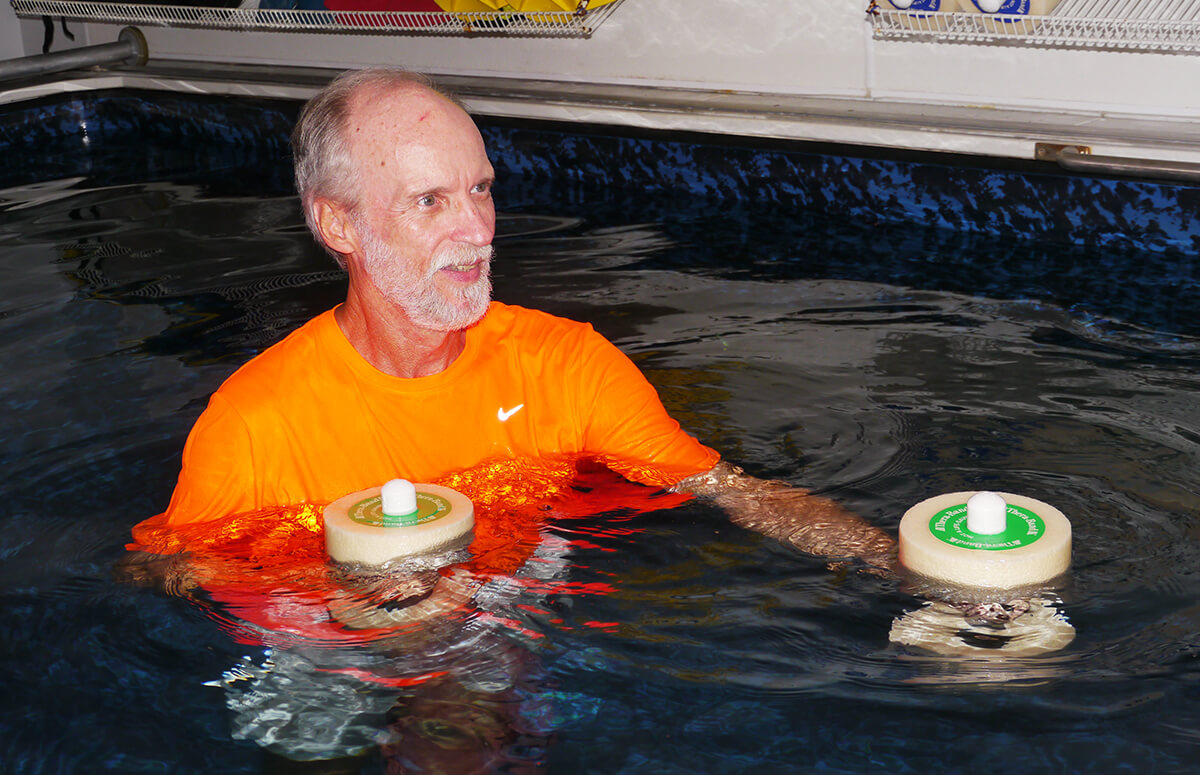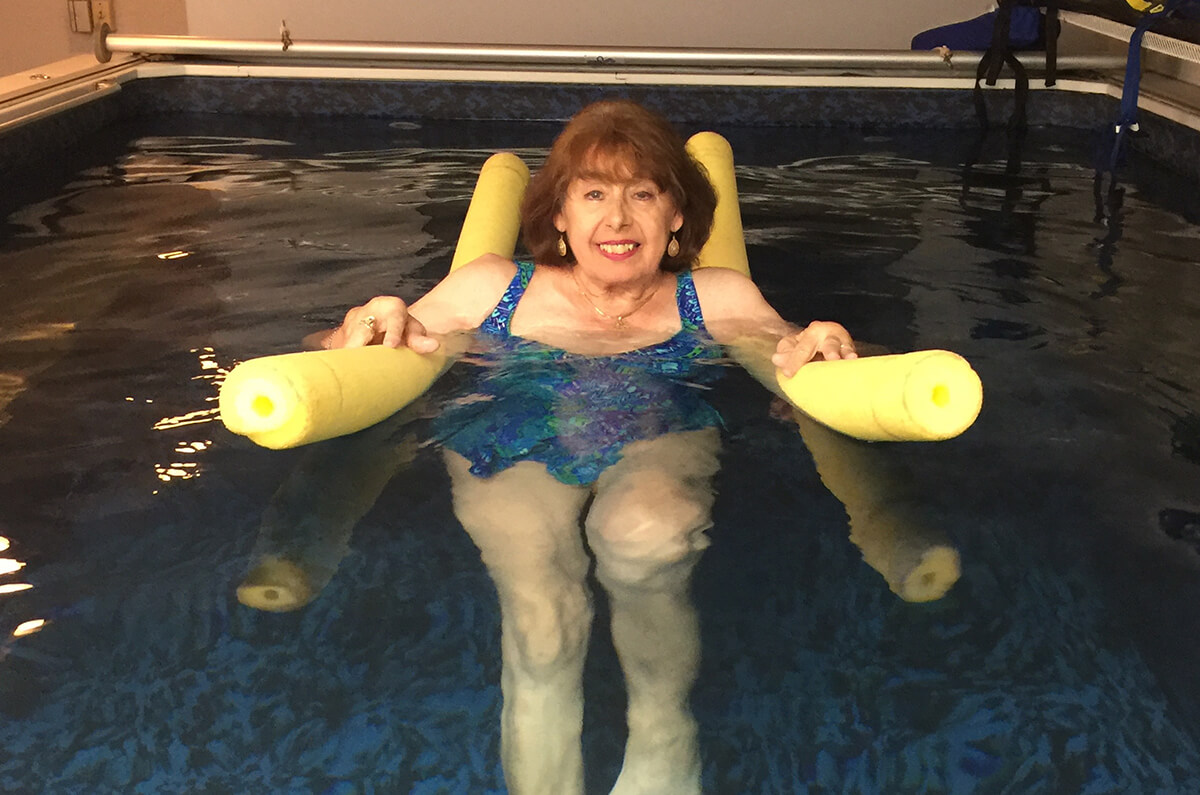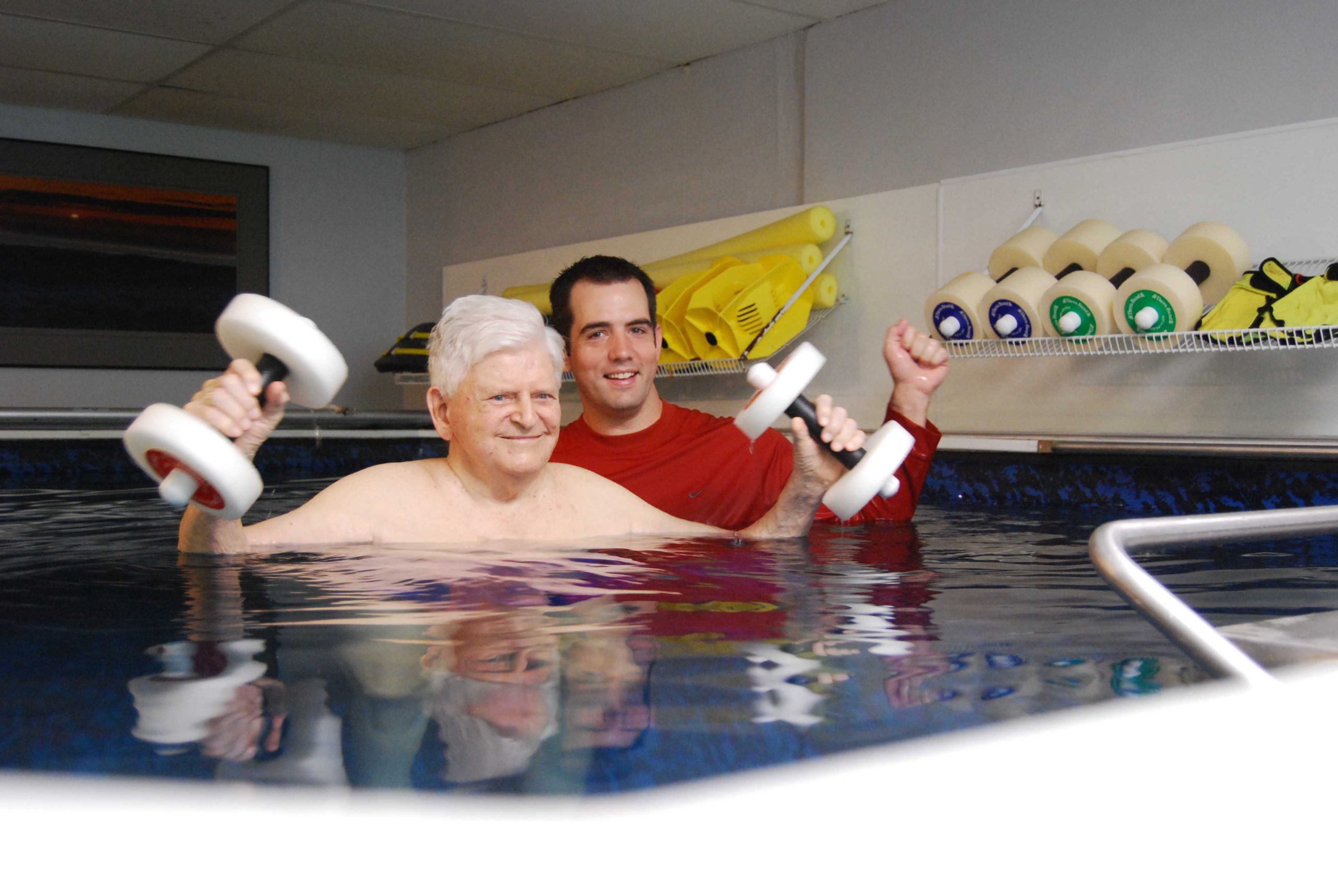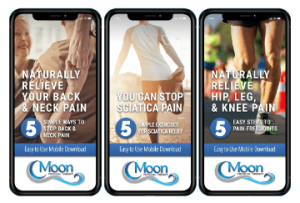Health Blog
- All
- Aches and Pain
- Aquatic Therapy
- Arthritis Pain
- Back and Neck Pain
- Back Pain Relief
- Balance
- Case Studies
- Chronic Pain
- FItness
- Headaches
- Health
- Health and Wellness
- Healthy Tips
- Herniated Disc
- Hip and Knee Pain
- Joint Pain
- Massage Therapy
- Moon Physical Therapy
- Nutrition
- Physical Therapy
- Posture
- Rethink Your Rehab
- Sciatica Pain
- Shoulder Pain
- Sports Injuries
- Stretching
- Surgery
- Uncategorized
This article originally appeared in the June 2014 issue of Generations Magazine. We have all heard the term “rotator cuff.” What is a rotator cuff? A group of four muscles: supraspinatus, infraspinatus, subscapularis and teres minor that connects the shoulder blade (scapula) to the arm bone (humerus). The rotator cuff tendons are key to a healthy functioning shoulder. They are subject to wear and tear or degeneration, as we use our arms. Occasionally, the muscles or tendons of the rotator cuff become irritated or damaged because of injury or overuse. What are the Risk Factors? Over the age 40 Impingement [...]
This article originally appeared in the April 2014 issue of Generations Magazine. More than 50 million Americans suffer from debilitating joint pain, making day-to-day living a challenge. As a result, many people choose not to undergo land-based rehabilitation, which is often times very painful. But without treatment, further joint damage, increased pain and decreased function are all very real possibilities. Luckily, aquatic therapy offers another option. Aquatic therapy benefits: Decreased Stress on Joints: Water buoyancy supports body weight and reduces compression and vibration that cause pain on land. Improved Safety: Water provides a gentle, pain free environment for challenging activities [...]
This article originally appeared in the February 2014 issue of Generations Magazine. Cardiac rehabilitation, as defined by the American Heart Association, is a medically supervised program to help patients who have sustained a heart attack, undergone heart surgery (bypass) or those with identified risk factors (coronary artery disease or angina). Cardiac rehab is used to stabilize, slow or even reverse the progression of cardiovascular disease, ultimately reducing the risk of heart disease, another heart attack or even death. A physical therapist specializing in cardiac rehab will perform an evaluation and develop a plan consisting of patient education on diet, relaxation [...]
This article first appeared in Generations Magazine’s October-November 2013 issue. Unlike “water aerobics,” aquatic therapy is a specialty of physical therapy performed in a warm-water pool to assist patients in healing. The effectiveness of an aquatic program rests largely on the physical properties of water, along with the skilled guidance of a qualified physical therapist. Buoyancy & Viscosity The water’s buoyancy removes the stress and pressure on muscles and joints, which lowers pain levels and allows for greater range of motion during exercises. This safe, weight-free environment allows patients to exercise pain-free for longer periods. There is no [...]
This article originally appeared in Generation Magazine’s December 2013 issue. One-third of the population over the age of 65 falls each year, and the risk increases proportionately with age. At 80 years, over half of seniors fall annually. Those who take a spill often develop a fear of falling. Fear gone unchecked may lead to limiting activities and loss of physical fitness, increasing risk of falling. In these situations, it’s important to consider alternate interventions for the elderly — especially for those with joint pain and medical conditions that restrict land training. A recent study from University of California, San [...]
From the August-September 2013 issue of Generations Magazine As the most vital member of your own health care team, it’s important for you to know how to choose the right physical therapist who can maximize your healthcare dollars. Tips for choosing a physical therapist: Freedom to choose You are not obligated to accept the therapist your physician recommends. Explore your options to ensure that you receive a great rehab experience. Personal Therapist Do not settle for anything less than a licensed therapist who specializes in the kind of care you need. Your therapist should be empathetic, understanding, encouraging and challenging. [...]
QUICK LINKS







